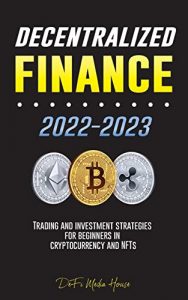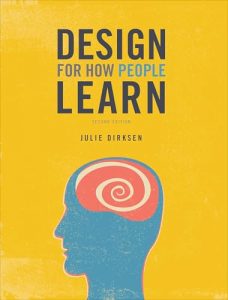Understanding Economic Turmoil: Must-Read Books on Financial Crises
The world of finance is filled with ups and downs that significantly impact economies and lives. Whether you’re a student of economics or just looking to deepen your understanding, the following books provide invaluable insights into financial crises and their implications. Here are four must-read titles that explore this critical aspect of our economic landscape.
The 100 Most Important American Financial Crises: An Encyclopedia of the Lowest Points in American Economic History
Authored by Quentin R. Skrabec Jr., this comprehensive encyclopedia dives deep into the lowest points of American economic history. This detailed exploration sheds light on 100 notable financial crises, providing readers with context and analysis that helps understand today’s economic climate. It’s an essential read for anyone interested in the evolution of the American economy, the factors leading to financial downturns, and the lessons learned from these historical events. The book emphasizes the importance of recognizing patterns in financial collapses to prevent future downturns.

The Subprime Solution: How Today’s Global Financial Crisis Happened, and What to Do about It
In ‘The Subprime Solution’, Robert J. Shiller articulately discusses one of the most pressing issues of our time – the subprime mortgage crisis. This book not only documents the events leading up to the crisis but also provides a roadmap for recovery and future prevention. Shiller’s insightful analysis allows readers to understand the complexities of financial systems and human behavior that led to widespread economic turmoil. His proposed solutions are thought-provoking and encourage critical thinking about current economic policies.

The Baltic Countries: From Economic Stabilization to EU Accession (Occasional paper)
This collaboration by Françoise Le Gall and several economists explores the transformation of the Baltic countries and their journey toward European Union membership. The paper discusses the fundamental economic policies implemented in the region and their impact on stabilization and growth. This essential reading provides crucial insights into the challenges faced by developing economies and the strategies that can lead to successful integration into larger economic frameworks. Understanding these dynamics is critical for economists and policymakers alike.

World Economic Outlook, April 2004: Advancing Structural Reforms (World Economic and Financial Surveys)
Published by the International Monetary Fund, this report provides a detailed analysis of global economic trends and the necessary reforms to bolster economic stability. It emphasizes the importance of structural reforms in advancing economic growth and stability across nations. For anyone keen on understanding global economics and the interconnectedness of national policies, this book is packed with data and insights that can help shape future strategies for economic improvement.



































